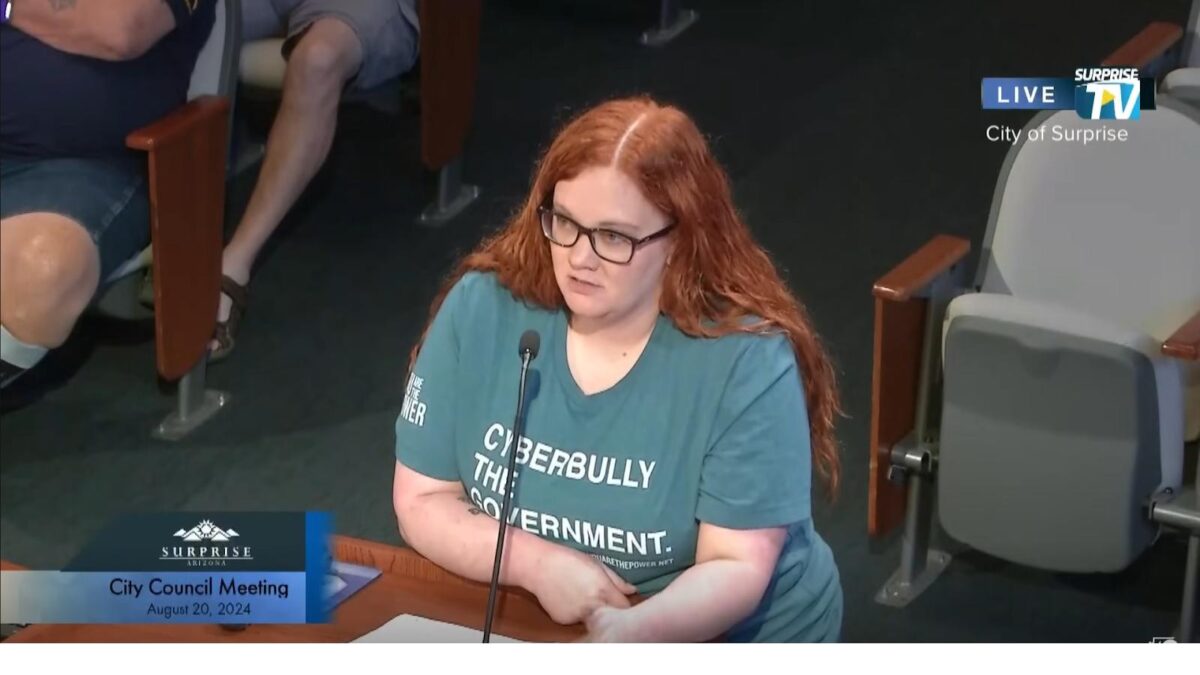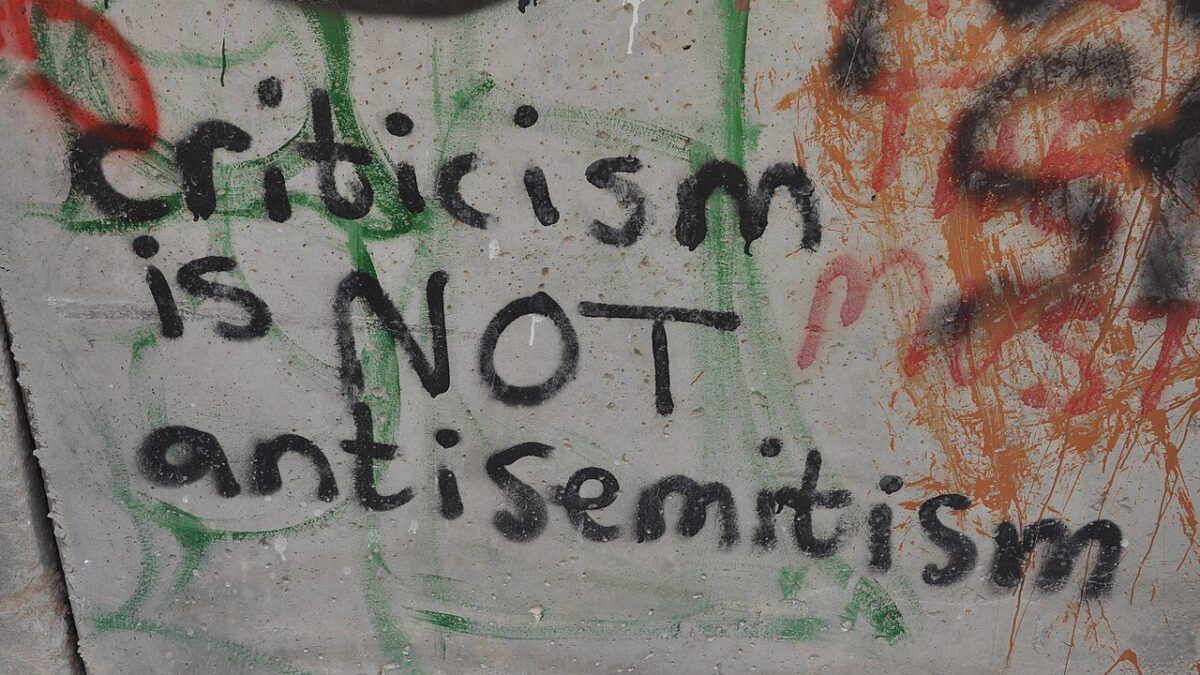Twitter yesterday announced it is forming a “Trust and Safety Council,” an effort to “ensure that people feel safe expressing themselves on Twitter.” The council features “safety advocates, academics, and researchers,” “grassroots advocacy organizations” and “community groups,” all of them emphasizing “safety” of varying degrees and types, in order to allow “everyone, everywhere to express themselves with confidence on Twitter.”
This is a rather startling development, chiefly because Twitter already allows its users to either mute or block anyone who is being bothersome or threatening. There is no practical necessity for a “council” to make people feel “safe” on Twitter. Blocking is an effective tool for anyone who needs it. You can always report to the Twitter staff the rare troll who just won’t give up.
The seemingly superfluous formation of a “Trust and Safety Council,” then, suggests a kind of procedural overhaul of Twitter’s internal speech policy—and there is reason to believe this new order will not be kind to the many conservatives and other right-leaning folks who currently use Twitter for social media outreach. The “Trust and Safety Council” features some good anti-bullying groups, but it also features a number of high-profile liberal organizations that promote speech censorship—Feminist Frequency is one, and GLAAD is another.
Yet the council features not one advocacy group of any real conservative bent. The only group with any religious implications whatsoever, meanwhile, appears to be the “Wahid Institute,” which seeks to spread “plural and peaceful Islam.” The Catholic League, the Alliance Defending Freedom, the Independent Women’s Forum: all of these are robust and prominent organizations, and all could offer valuable input on whatever it is Twitter’s new council might be up to.
As any conservative of even minor prominence will surely tell you, Twitter can be a remarkably hostile place for right-leaning opinion. Most of us have been subject to violent threats and profoundly hateful rhetoric simply for expressing opinions that most Americans felt free to express just 15 years ago. There are also troubling signs that Twitter is mobilizing to ostracize and marginalize conservative voices as a matter of policy. Witness, for example, the “de-verification” of Milo Yiannopolous on fairly dubious grounds.
If Twitter is thus allowing liberal organizations to shape its “safety” policy with no conservative input whatsoever, we can expect the platform to become even less welcoming to conservatives. It is entirely conceivable that, within a few years’ time, Twitter will censure or block conservative voices while alleging they have made other users feel “unsafe.” This is already standard operating procedure on college campuses across the country, after all—and you can be sure that many graduates of those colleges will soon be working at Twitter.
This all means it might be time for conservative media to start planning an exit strategy from Twitter in favor of a social media service that permits and encourages robust free speech. This is what Twitter used to do—but those days appear to be rapidly dwindling.









